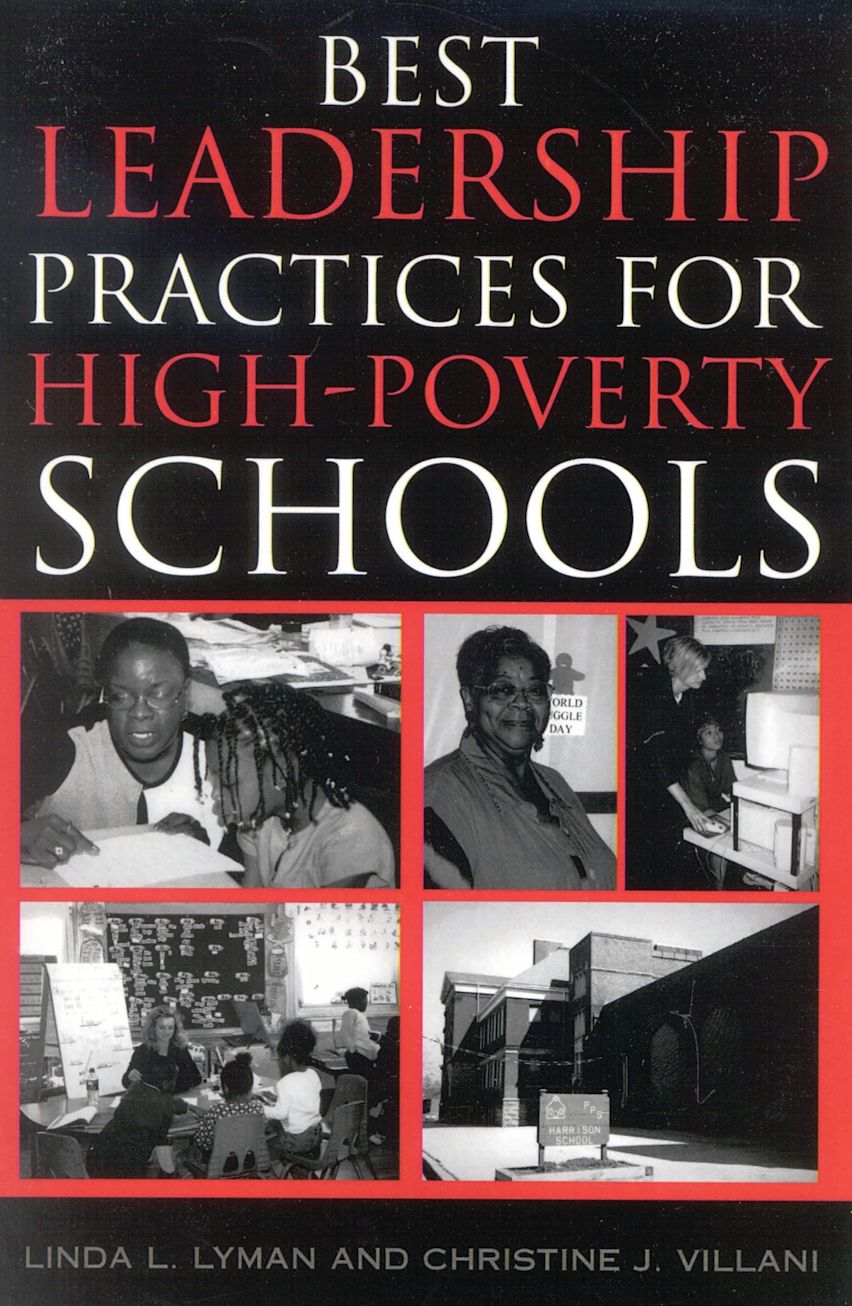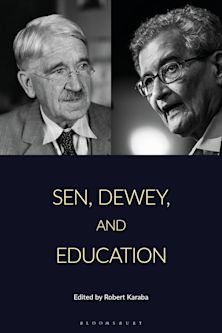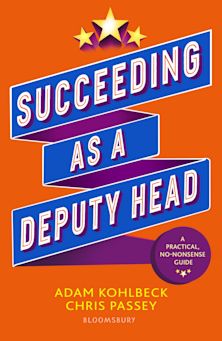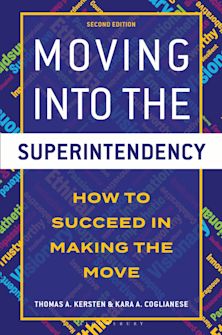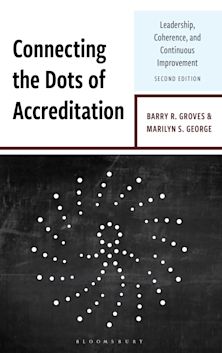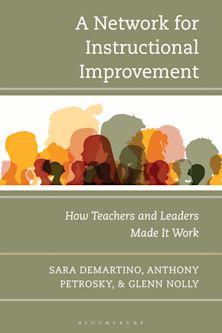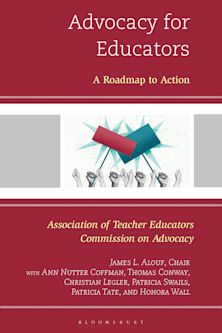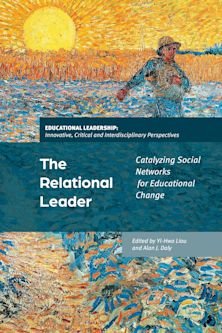- Home
- ACADEMIC
- Education
- Leadership and Management
- Best Leadership Practices for High-Poverty Schools
Best Leadership Practices for High-Poverty Schools
Best Leadership Practices for High-Poverty Schools
This product is usually dispatched within 3 days
- Delivery and returns info
-
Free US delivery on orders $35 or over
You must sign in to add this item to your wishlist. Please sign in or create an account
Description
Best Leadership Practices for High-Poverty Schools presents both the practice and theory of best leadership practices in high-poverty schools. Authors Linda Lyman and Christine Villani take a unique approach by inviting readers into two high-poverty elementary schools where they will experience, through in-depth case studies, how two extraordinary principals model and practice their beliefs in the ability and worth of all children. Lyman and Villani demonstrate that a successful learning community for children of low-income families is based on the beliefs and attitudes of the school leader and the entire school community. Preparation programs for school principals typically do not provide for study of the complexity of poverty or the leadership practices that contribute to successful learning and achievement for children in high-poverty schools. The concluding questions that the authors pose provide a guide to developing best leadership practices that make a difference to the learning, achievement, and lives of children who live in poverty.This book offers: an insightful overview of research about leadership strategies and beliefs in high-poverty schools, causes and remedies for the achievement gap, evidence of continuing racial and ethnic prejudice, the widespread deficit thinking that limits learning. The authors challenge leaders, teachers, staff members, and others to examine their own attitudes and beliefs and then to commit to creating successful learning communities for all children from low-income families. This book is written as a resource for aspiring and practicing principals, or anyone interested in improving educational opportunities for children from families living in poverty.
Table of Contents
2 Harrison School: "An Island of Goodness"
3 Newfield School: "Where Angels Soar"
4 Compairing Harrison and Newfield Schools: Best Leadership Practices
5 Leadership of High-Performing, High Poverty Schools:The Research Context
6 Influencing Beliefs and Attitudes
7 Making a Difference
Product details
| Published | Feb 10 2004 |
|---|---|
| Format | Paperback |
| Edition | 1st |
| Extent | 182 |
| ISBN | 9781578860791 |
| Imprint | R&L Education |
| Dimensions | 9 x 7 inches |
| Publisher | Bloomsbury Publishing |
About the contributors
Reviews
-
For those of us who teach aspiring principals and superintendents, Lyman and Villani have collated compelling data both from the literature and their own study that we can use to counter the pervasive deficit thinking that students bring to our classrooms? and that policy makers use to shape less than effective mandates to address the plight of poor families. Providers of professional development for incumbent school and district leaders also need to read this work so that a change of attitude can takeplace...
Margaret Grogan, president, University Council for Educational Administration (UCEA)
-
Organizationally, we continuously search for tools to armor our principals in their incessant challenges, tools to enhance their determination to provide the best and most effective leadership. Kudos to Drs. Lyman and Villani for this resourceful and powerful instrument – yes, principals make the difference!
Everett L. Edwards II, assistant to the president, Chicago Principals and Administrators Association
-
...[focuses] on elementary schools, where examples of successful high-poverty schools have been most plentiful, and particularly on two actual leaders they describe as exemplars of best practices.
Reference and Research Book News
-
Lyman and Villani have written a passionate and persuasive book on the urgency of addressing the educational needs of children in poverty. Their book offers two vivid case studies of exemplary principals who create strong learning communities that welcome parents into the circle of excellence. The authors complement their field studies with an extensive review of pertinent literature on the theory and practice of developing outstanding schools in high-poverty communities. It is an impressive book that helps educators better understand the challenging work of building better schools in the twenty first century.
Paul Baker, University Distinguished Professor Emeritus, Illinois State University
-
For those of us who teach aspiring principals and superintendents, Lyman and Villani have collated compelling data both from the literature and their own study that we can use to counter the pervasive deficit thinking that students bring to our classrooms – and that policy makers use to shape less than effective mandates to address the plight of poor families. Providers of professional development for incumbent school and district leaders also need to read this work so that a change of
attitude can take place.Margaret Grogan, president, University Council for Educational Administration (UCEA)











